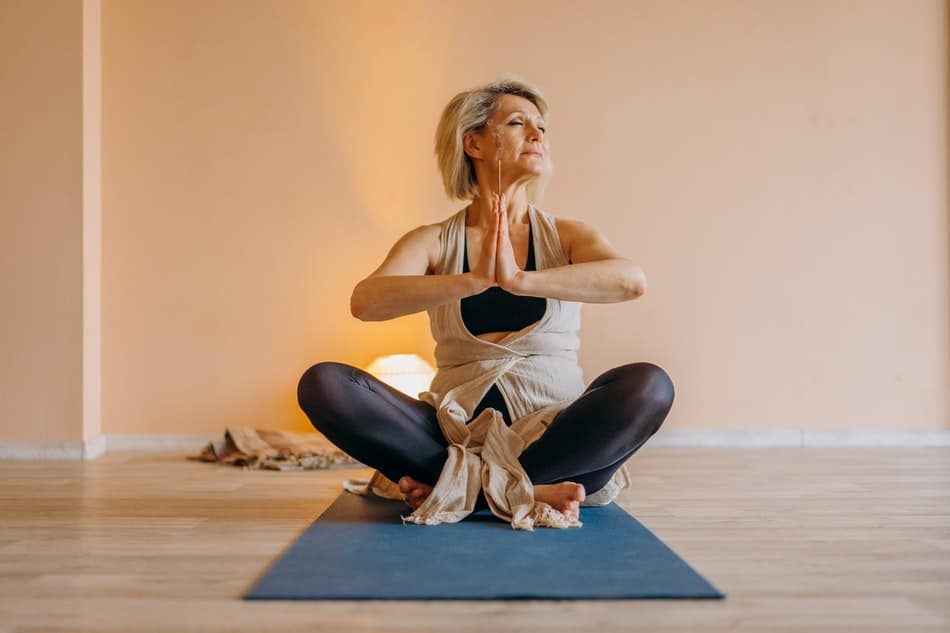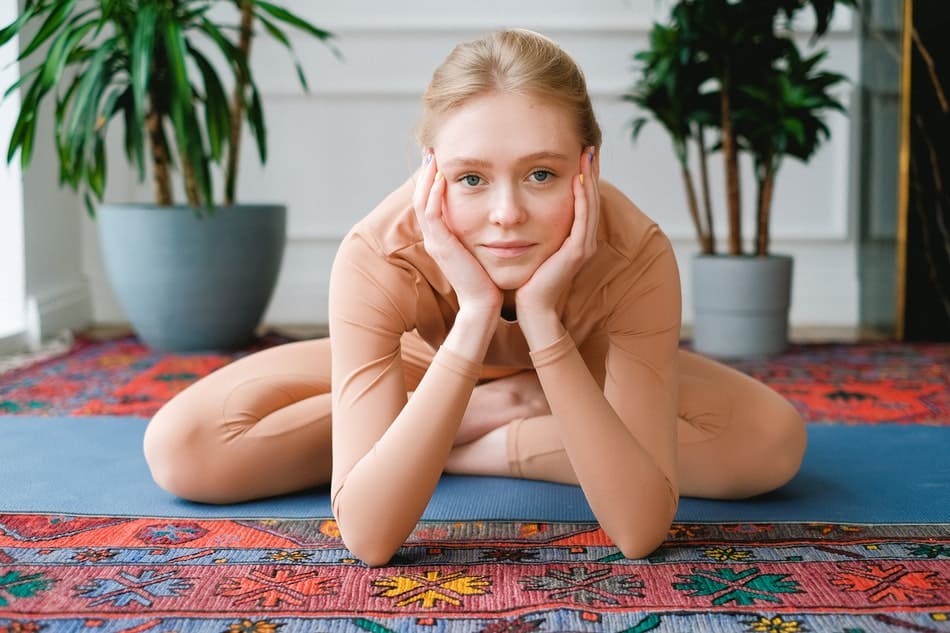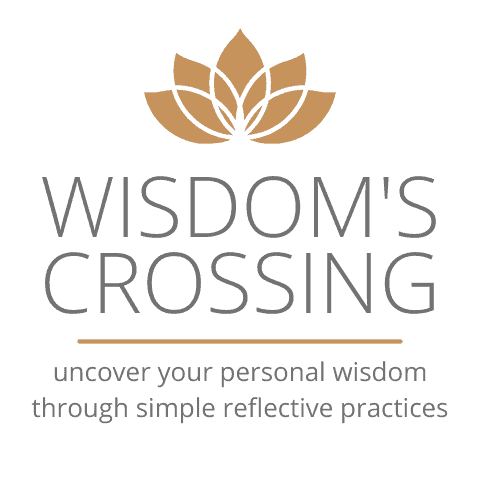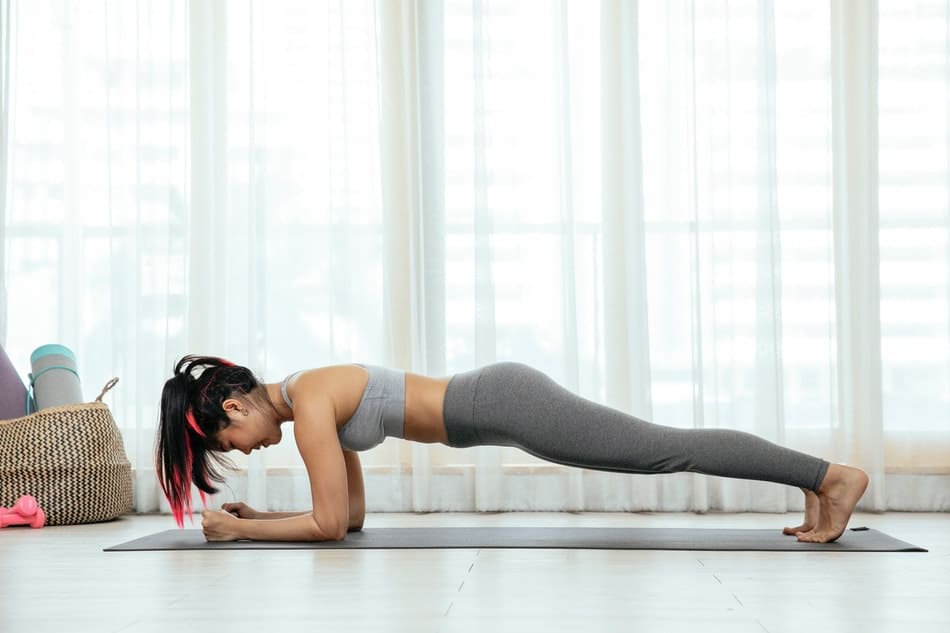Are you asking the question what does ashtanga yoga do for your body? Don’t worry, you’re not alone. Ashtanga Yoga is a type of yoga that is lesser-known than some of the other types like Hatha or Bikram. But that doesn’t mean it isn’t worth your time! In this article, I will discuss all the amazing benefits of Ashtanga Yoga.
Ashtanga yoga is a physically demanding form of yoga. It helps to build strength, flexibility, and stamina. Ashtanga yoga also helps to improve your balance and coordination. The breathing techniques used in Ashtanga yoga can help to calm the mind and relax the body.
What Is Ashtanga Yoga?
Ashtanga yoga allows for improved circulation, a light and strong body, and a calm mind. In Ashtanga yoga, there are three different series of poses: primary, intermediate, and advanced. Each series gets progressively more difficult as you move through it. If you’re new to Ashtanga yoga, it’s best to start with the primary series and work your way up. Once you’ve mastered the basic poses in each series, you can move on to the next one. Remember to practice at your own pace and listen to your body—it will tell you what it needs.

What Does Ashtanga Yoga Do For Your Body?
There are many benefits to practicing Ashtanga yoga, including improved flexibility, strength, and stamina. Additionally, Ashtanga yoga can help to improve your posture and alignment, as well as increase your energy levels. Here are five ways that Ashtanga yoga can benefit your body:
Improved Flexibility
One of the main benefits of practicing Ashtanga yoga is increased flexibility. The various postures and sequences in the practice help to lengthen and stretch the muscles, resulting in a greater range of motion.
Improved Strength
In addition to increasing flexibility, Ashtanga yoga can also help to build strength. The constant movement and flow between postures help to tone the muscles and build endurance.
Improved Stamina
The sequences in Ashtanga yoga are designed to build heat in the body, which can help to improve stamina and endurance. The heat generated can also help to detoxify the body and promote better circulation.
Improved Posture
Ashtanga yoga helps to improve posture by lengthening the spine and strengthening the muscles around the joints. The various postures also help to open up the chest and shoulders, resulting in better alignment.
Increased Energy Levels
Finally, practicing Ashtanga yoga can help to increase energy levels. The deep breathing and focus required for the practice help to calm the mind and promote a sense of well-being. The increased circulation from the practice can also help to boost energy levels.

How Many Days In A Week Should I Do Ashtanga Yoga?
The answer to this question depends on your level of experience and how much time you are willing to commit to your practice. If you are new to Ashtanga yoga, it is recommended that you start with two or three days per week. As you become more comfortable with the poses and the sequence, you can slowly increase the number of days until you are practicing six days per week.
However, if you are short on time or if your body is not used to the strenuous nature of Ashtanga yoga, it is perfectly fine to stick with three or four days per week. Remember, the most important thing is that you listen to your body and do what feels right for YOU.
Who Should Not Do Ashtanga Yoga?
If you are pregnant or think you may be pregnant, Ashtanga yoga is not recommended. Also, if you have a hernia, glaucoma, high blood pressure, heart disease, detached retina, ear problems (such as chronic sinusitis), injuries to the back, neck, or knees, migraines, ulcers, or are epileptic – then Ashtanga yoga is not good for you. If any of these conditions apply to you it is best to seek the advice of a medical doctor before beginning any type of yoga practice.
Additionally, those who are extremely inflexible or out of shape should also avoid Ashtanga yoga – at least in the beginning. This form of yoga is very physically demanding and requires a certain level of fitness. If you are new to yoga, or Ashtanga yoga specifically, it is best to start slowly and build up your strength and flexibility over time. There are many different types of yoga – find one that is better suited for your current level of fitness and ability.
In general, Ashtanga yoga is not recommended for beginners. If you have never done yoga before, or are new to the practice, it is best to start with a less physically demanding form of yoga such as Hatha or Iyengar. Once you have built up your strength and flexibility, you can then move on to more advanced forms of yoga, such as Ashtanga.
Is Yoga Enough Exercise?
Yoga is a great form of exercise, but it might not be enough if you’re looking to lose weight or build muscle. If you’re trying to lose weight, you’ll need to focus on adding cardio exercises to your routine. Cardio will help burn more calories and fat. If you’re looking to build muscle, you’ll need to add strength-training exercises to your routine in addition to yoga. Strength training will help build lean muscle mass.
Yoga is a great form of exercise for overall health and wellness, but it’s important to remember that it might not be enough if you have specific fitness goals in mind.
Final Words
So there you have it, all ways that Ashtanga yoga can benefit your body. If you’re looking to improve your flexibility, strength, and stamina, as well as your posture and alignment, then Ashtanga yoga is worth a try! Thanks for reading! Namaste.
If you enjoyed this article leave a comment below! We love hearing from you! 🙂
Related Articles

